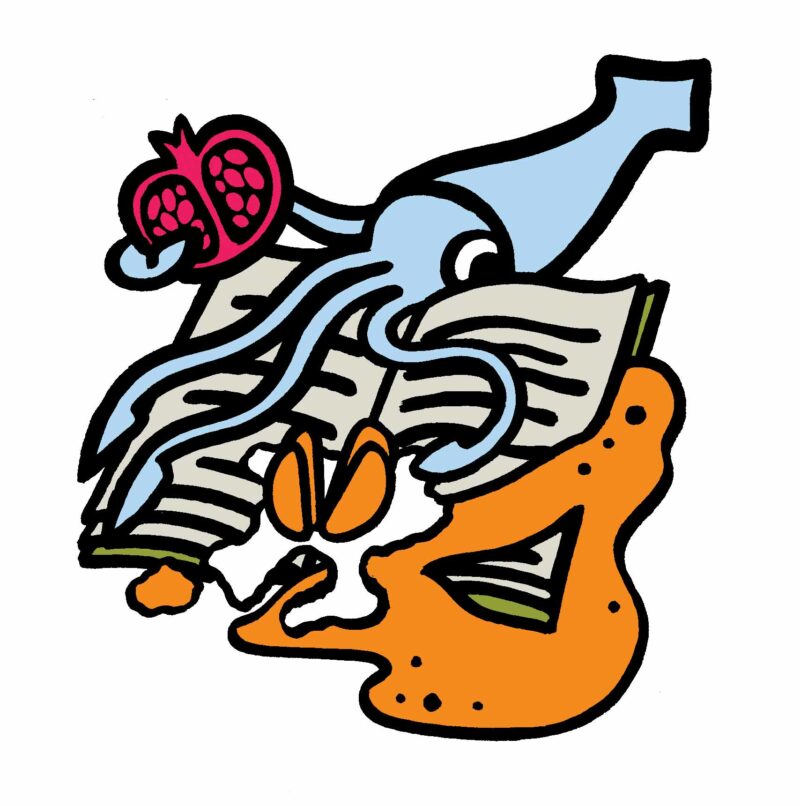Within the two hundred–odd pages of the novel Antiquity, written by Hanna Johansson and translated from the Swedish by Kira Josefsson, variants of the word lonely appear sixty-three times. Yet despite its pervasive loneliness, the book is heavily populated with characters. It follows an unnamed journalist as she travels to the Greek vacation home of an older, established, and self-obsessed artist, Helena, whom she once interviewed for a magazine. They are joined in Greece by Helena’s brooding and buzz-cut teenage daughter, Olga. Tonally similar to Katie Kitamura’s Intimacies, the novel features a narrator in a foreign land, steeped more in thought than in action. Mostly, Helena, Olga, and the unnamed narrator consume: hand-picked pomegranates, fresh squid, fragrant oranges, coffee. They take walks. They lie on the beach. Each page could be a still shot, capturing the precise mood of each “memory tableaux,” as the narrator puts it, memorializing one exquisitely rendered moment after another.
Antiquity is crowded with loneliness. The narrator’s loneliness is indiscriminate. It creeps up on her in the middle of watching a dance recital, while at dinner with others, in the midst of a commute. Readers quickly realize that this loneliness is of the narrator’s own making. She constantly calculates the distance between herself and others, and she is paralyzed by her desire for an idealized closeness—with Helena, previous partners, and eventually Olga. In the narrator’s hands, nearness is a function of both alienation and intimacy. She’s around others, and observes them deeply, but still feels alone and unseen. While listening to the banalities of Helena’s day, the narrator calls herself “an attentive rock.”
About two-thirds of the way through the book, the narrator’s desire for closeness shifts from Helena to Olga, and the two become romantically involved. The book’s similarities to Vladimir Nabokov’s Lolita are clear: an adult who projects their fantasies of selfhood onto a child. The narrator uses the predatory language of Olga being “special.” Predictably, the roles between lover and parent collapse. “I became her mother that night,” the narrator recalls of one of her and Olga’s clandestine encounters. “I rocked her. I nursed her.” Like Dolores Haze, Olga is merely a thing, a beautiful statue with a “closed-eyed marble face.” Thinking of Olga makes the narrator think of herself, a relationality that is actually a kind of individualism. “When I looked at her...
You have reached your article limit
Sign up for a digital subscription and continue reading all new issues, plus our entire archives, for just $1.50/month.
Already a subscriber? Sign in





